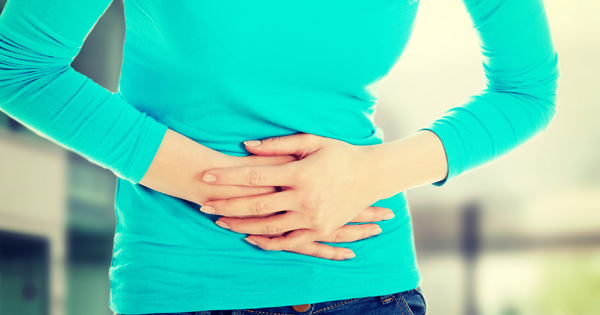Advertisement
The moment your stomach starts to feel uneasy, you immediately start going through a mental list of everything you ate that day.
Did you have one too many glasses of wine before bed? Was spicy curry a bad choice for dinner?
Blaming what we’ve put inside our bodies is the natural go-to reaction we all have if we feel a stomach ache coming on.
What you might not realize, however, is that your upset stomach could have more to do with what’s not inside your gut than what you’ve already put in it.
According to an eye-opening new study in BMJ Open Gastroenterology, you might be feeling gassy, bloated, or uneasy because your diet is low in vitamin D.
Believe it or not, 75% of Americans are lacking in this vital nutrient, which you can take in just by soaking up the sun.
In the study, researchers noted that as many as 82% of the participants with irritable bowel syndrome (IBS)—a colon disorder that causes frequent diarrhea, constipation, abdominal pain, and bloating—also had low levels of vitamin D.
While they still can’t definitively say that a lack of vitamin D causes IBS, the researchers are confident that most people suffering from the disorder can dramatically improve their uncomfortable symptoms by following a diet rich in this crucial nutrient.
One theory the researchers brought up in the study is that the vitamin D receptors located throughout the colon, which help regulate bowel inflammation, may become disrupted without a healthy level of vitamin D.
So, how can you increase your vitamin D levels? If you truly can’t commit to 10-20 minutes in direct sunlight each day, you may want to consider purchasing a supplement.
Better yet, try eating more of these foods that are rich in vitamin D:
- Eggs
- Mushrooms
- Dairy Milk
- Almond Milk
- Yogurt
- Salmon
- Sardines
- Tuna
- Liver




